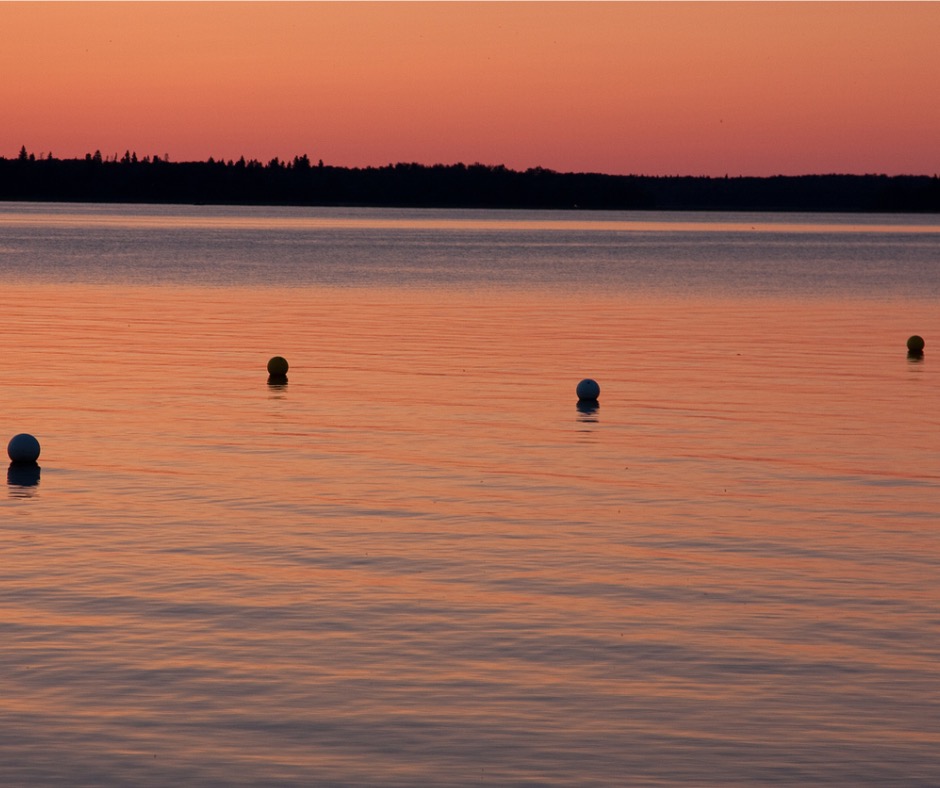An oratory is a physical structure constructed to demarcate a sacred space dedicated to prayer. There, members of a community can come and go freely to pray individually, without disturbing or being disturbed by the bustle of ordinary life.
Without the interior compunction that recognizes the worth of the sacred, no physical structure can by itself make holy a location. But holiness exists wherever the hearts of human beings apprehend the worth of God. The sacred space is the place where the One who bestows all worth communes with the person who apprehends his worth.
We apprehend the worth of God when we entrust to him our agonies and acknowledge his answers to our earlier entreaties.
To apprehend the worth of God is to worship God.
To apprehend the worth of anything is to distinguish its inherent value from any use it might afford to us.
God, the creator and sustainer of all things is of all the most useless, because God cannot be used. No person or group owns God or controls him. No one can summon God, because he is always already everywhere present.
God is not useful, but worthful. From him and by him all things receive their worth. And everything he has called into being is worthy to exist. Every person who apprehends the worth of God is free to worship him.
Of all his creatures, only the human ones have this capacity to apprehend worth. Therefore of all creatures, human ones are the most worthy. Wherever a human being lives, there exists the holy presence of God willing to share worth with his creature.
To acknowledge the worth of another human being is to apprehend the order of God’s creation, which is another act of worship. To circumscribe with compunction your own actions, for the sake of the worth of another person is again an act of worship. And this is how, when you allow another person to pray, you participate in marking out a sacred space for oratory.
God knows individuals, so when we worship him, we do so each as a separate person. When we come together to agree in prayer, we become a community. Just as common prayer builds community, so individual prayer builds personal worth. So oratory includes both individual and communal prayer.
Our deepest need is to know that we are worthwhile. Our deepest agony is to feel worthless. In a world where only usefulness is acknowledged, no one is worthy, and no life is inherently worthwhile. Without a sense of worth, not all the wealth in the world can save you from despair. But with worth, you can live well, and worthily, even through want and turmoil.
So, everyone benefits when the worth of each is acknowledged. And the most elementary enactment of this apprehension in society is to protect prayer.
Time spent in prayer may be useless, but it is worthwhile. Such time is not a waste but a sacrifice. Time is the only thing meted out, in equal measure, minute by minute, to all creation. The same minute is meted out to you as to anyone else, anywhere on earth. And a worthy sacrifice of it is a word to the One who endows you with the apprehension of Worth.










